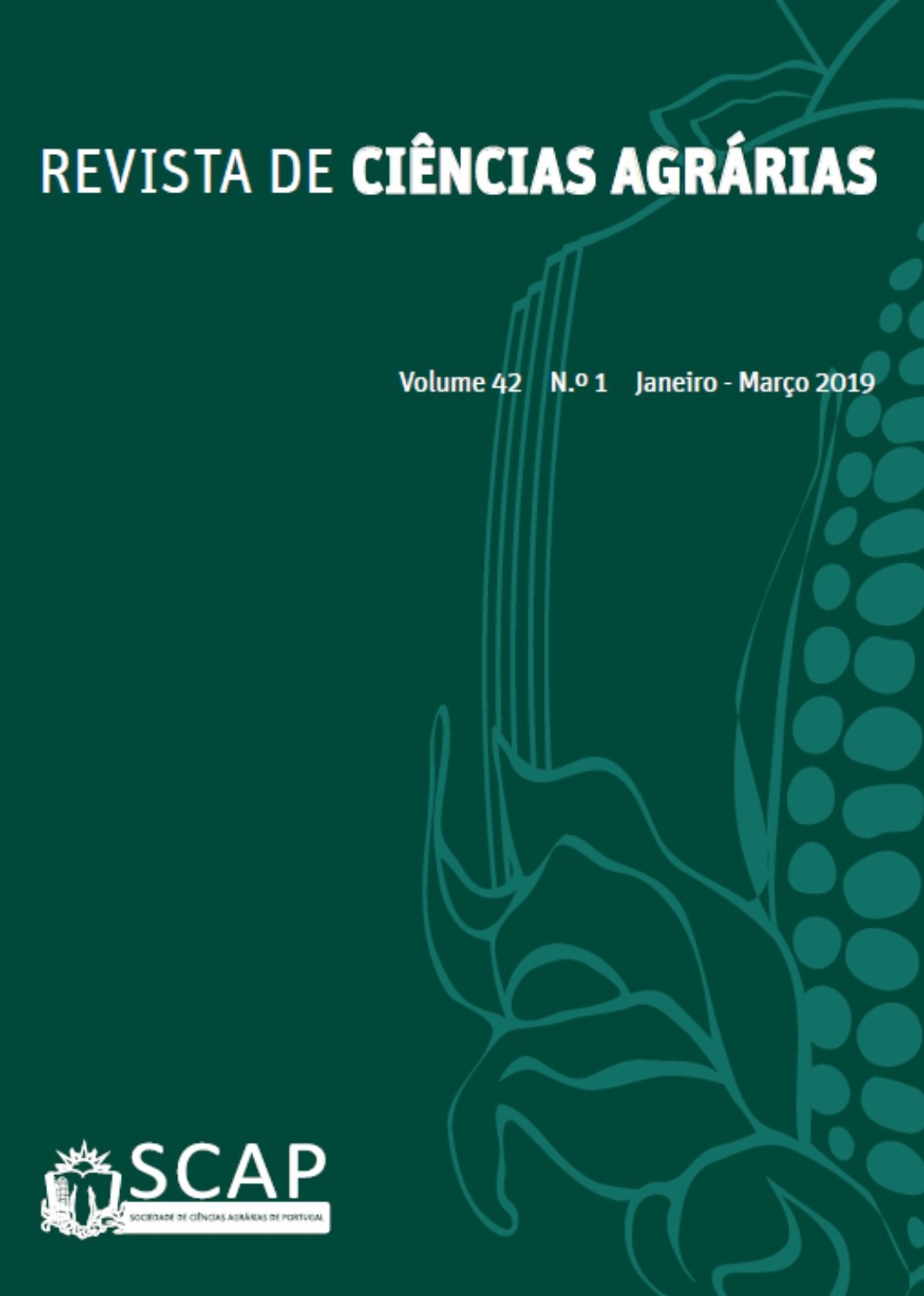Organic compost effects on Stevia rebaudiana weed control and on soil properties in the Mediterranean region
DOI:
https://doi.org/10.19084/RCA18281Abstract
Stevia rebaudiana Bertoni is a promising crop for semiarid climates, including Algarve region. The objectives of this work were: to compare the feasibility of the eco-friendly stevia weed control strategy with a compost of vegetable residues (grass clippings and pruning’s); to identify the emerged weed species, and to evaluate the effect of compost application on soil properties. Treatments consisted on the application of a 5 cm layer of compost on soil surface or incorporated, and no compost application as control. The trial was set up in six randomized field plots, with four replications. Each plot was divided into three subplots, with one treatment per subplot, in a total of 24 subplots per treatment. Compost application had a distinct effect on weed species. Some species were significantly reduced when compost was applied, namely as mulch. Compost increased soil water content, mainly in area of the trial with lower soil drainage, especially when compost was applied as mulch, as well as other physical and chemical soil properties. Results showed the positive effect of compost on weed control and soil properties during stevia cultivation.


